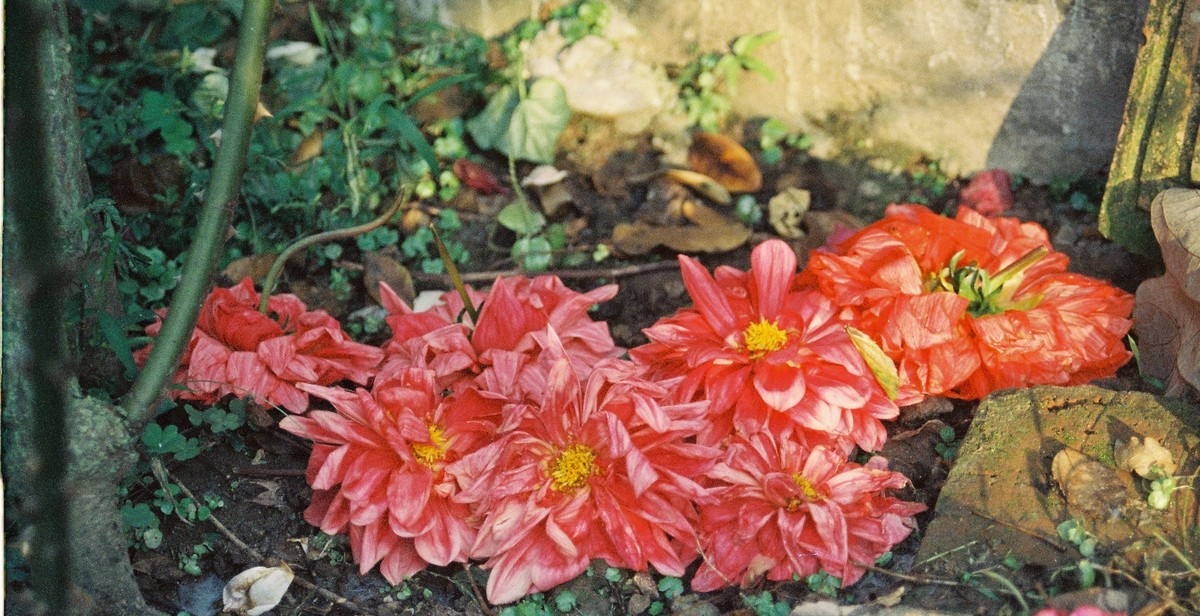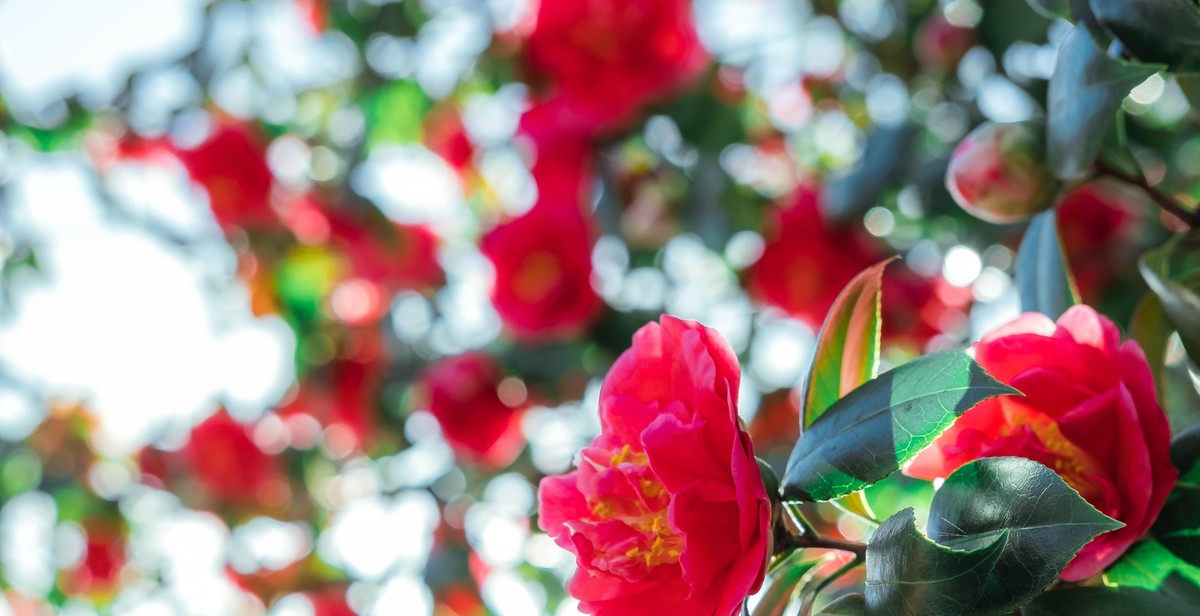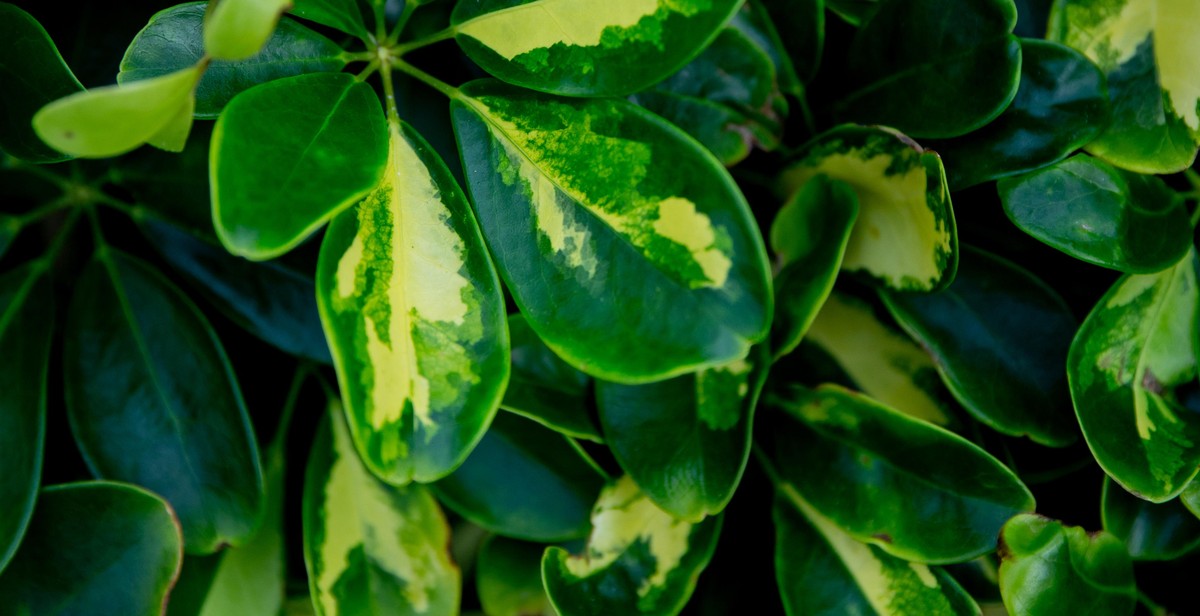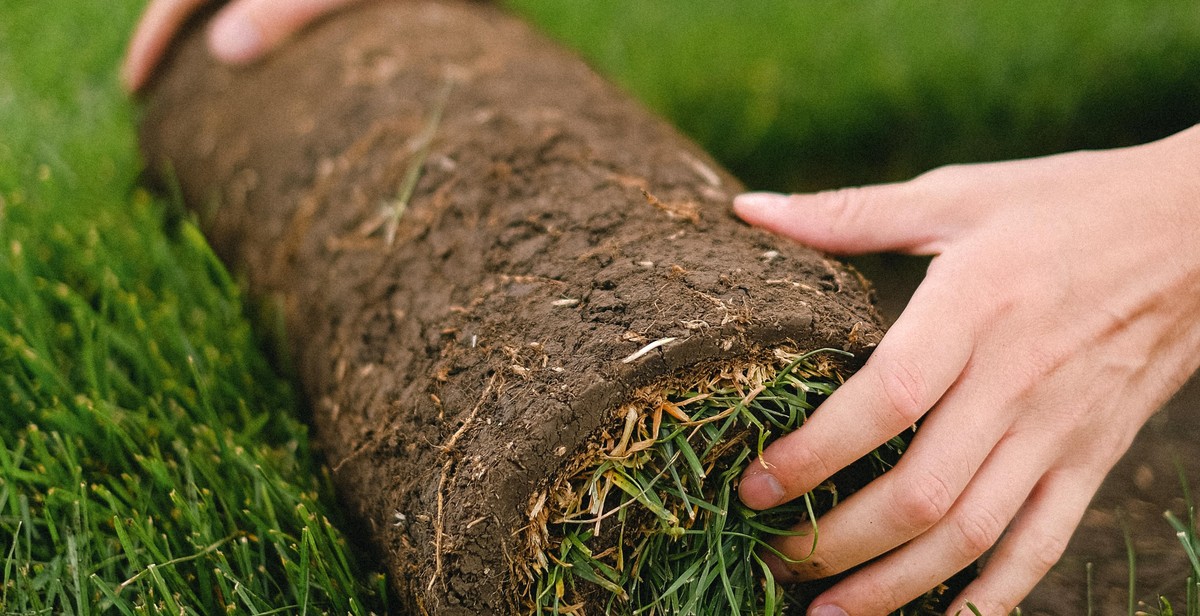How to Create a Feng Shui Garden for Harmony and Balance
Feng Shui is an ancient Chinese practice that aims to create a harmonious and balanced environment by arranging objects and spaces in a certain way. One way to apply Feng Shui principles to your home is by creating a Feng Shui garden.
A Feng Shui garden is not just a beautiful outdoor space, but it also serves as a sanctuary for relaxation and meditation. This type of garden is designed to balance the flow of energy, or chi, within the space to promote health, happiness, and prosperity.
The Basics of Feng Shui Garden Design
To create a Feng Shui garden, you need to consider the principles of yin and yang, the five elements, and the bagua map. Yin and yang refer to the balance between passive and active elements in your garden, while the five elements (wood, fire, earth, metal, and water) represent different energies that can be incorporated into your garden design.
The bagua map is a tool used in Feng Shui to analyze the energy flow and harmony of a space. It consists of eight areas, each representing a different aspect of life, such as wealth, health, and relationships. By incorporating the elements and colors associated with each area, you can create a garden that promotes balance and harmony in all aspects of your life.
Key Elements of a Feng Shui Garden
- Curved pathways and flowing water features to promote the flow of energy
- Plants and trees that represent the five elements
- Outdoor furniture and decor that complement the bagua map
- Lighting that enhances the ambiance and energy flow
- A focal point, such as a statue or fountain, to draw in positive energy
Creating a Feng Shui garden can be a fun and fulfilling project that will enhance your outdoor space and promote balance and harmony in your life. With the right design elements and a little bit of knowledge, you can create a beautiful and serene garden that will bring you joy and peace for years to come.

Understanding Feng Shui Garden
Feng Shui is an ancient Chinese practice that focuses on the flow of energy or “chi” in the environment. It is believed that by arranging your surroundings in a certain way, you can promote positive energy and achieve harmony and balance in your life.
What is a Feng Shui Garden?
A Feng Shui garden is a garden designed to promote positive energy and balance. It is a space that is created with the principles of Feng Shui in mind, with the aim of creating a harmonious environment that promotes health, happiness, and prosperity.
In a Feng Shui garden, the placement of plants, water features, and other elements is carefully considered to create a balanced and harmonious space. The garden should be designed to promote the flow of energy, with a focus on creating a sense of peace and tranquility.
Some key elements of a Feng Shui garden include:
- Plants with rounded or soft edges to promote a sense of calmness
- A water feature, such as a pond or fountain, to promote the flow of energy
- A balance of yin and yang elements, such as light and dark colors, and soft and hard textures
- A clear pathway through the garden to promote the flow of energy
- A seating area to encourage relaxation and contemplation
By creating a Feng Shui garden, you can transform your outdoor space into a peaceful and harmonious environment that promotes health and happiness.

Benefits of a Feng Shui Garden
A Feng Shui garden can bring a lot of positive energy, promote harmony and balance, and enhance overall health and well-being. Here are some of the benefits:
Brings Positive Energy
A Feng Shui garden is designed to attract positive energy, also known as Chi. By incorporating certain elements such as water features, rocks, and plants, a garden can become a source of positive energy. This energy can help to create a calm and peaceful atmosphere, which can have a positive impact on our mood and overall well-being.
Promotes Harmony and Balance
One of the main principles of Feng Shui is to create balance and harmony in our environment. A well-designed garden can help to achieve this by incorporating the five elements of Feng Shui: water, wood, fire, earth, and metal. By balancing these elements, we can create a harmonious environment that promotes positive energy and well-being.
Enhances Health and Well-being
A Feng Shui garden can also have a positive impact on our health and well-being. By incorporating plants and flowers that are known for their healing properties, we can create a garden that promotes relaxation and reduces stress. Additionally, spending time in nature has been shown to have numerous health benefits, including reducing anxiety and improving overall mood.
| Benefits | Description |
|---|---|
| Brings Positive Energy | A Feng Shui garden attracts positive energy, creating a calm and peaceful atmosphere. |
| Promotes Harmony and Balance | A well-designed garden can balance the five elements of Feng Shui, creating a harmonious environment. |
| Enhances Health and Well-being | A Feng Shui garden can promote relaxation, reduce stress, and improve overall mood. |

Designing a Feng Shui Garden
Feng Shui is an ancient Chinese practice that promotes harmony and balance between individuals and their environment. A Feng Shui garden can help create a peaceful and positive atmosphere in your outdoor space. Here are some tips for designing a Feng Shui garden:
Choosing the Right Location
The location of your garden is crucial in Feng Shui. It is essential to choose a spot that receives ample sunlight and is away from negative energy sources such as power lines or noisy roads. The ideal location for a Feng Shui garden is in the southeast or east side of your property as these areas are associated with wealth and health.
Creating a Layout for Your Garden
The layout of your garden should be designed to promote the flow of positive energy or Qi. A curved pathway leading to the entrance of your garden is an excellent way to guide the flow of energy. Avoid sharp angles or straight lines in your garden design as they can create stagnant energy. Incorporate water features such as a pond or fountain to promote the flow of energy.
Selecting Plants for Your Garden
Choose plants that are healthy and vibrant as they promote positive energy in your garden. Avoid plants that are spiky or thorny as they can create negative energy. Incorporate a variety of colors and textures to create a harmonious balance in your garden. Some popular Feng Shui plants include bamboo, lotus, and orchids.
| Do | Don’t |
|---|---|
| Choose a location that receives ample sunlight and is away from negative energy sources | Place your garden in a location that is close to a noisy road or power lines |
| Incorporate water features to promote the flow of energy | Include plants that are spiky or thorny |
| Choose healthy and vibrant plants | Use artificial plants or flowers |
By following these tips, you can create a beautiful and harmonious Feng Shui garden that promotes positive energy and balance in your outdoor space.

Feng Shui Garden Elements
Creating a Feng Shui garden requires a combination of natural elements that bring harmony and balance to the space. Here are some of the key elements to consider when designing your Feng Shui garden:
Water Features
Water is one of the most important elements in Feng Shui, and adding a water feature to your garden can bring a sense of calm and tranquility. A small pond or fountain can create a peaceful atmosphere, while a larger waterfall can add drama and energy to the space. When positioning your water feature, consider the direction of the water flow and the placement of surrounding plants. Ideally, the water should flow towards the center of the garden to promote balance and harmony.
Rock and Stone Features
Rock and stone are also important elements in Feng Shui, representing stability and grounding. Incorporating natural stone features such as boulders and pebbles can create a sense of stability and permanence in your garden. Additionally, rocks can be used to create borders or paths, guiding the flow of energy throughout the space.
Wind Chimes and Bells
Wind chimes and bells are another important aspect of a Feng Shui garden, adding sound and movement to the space. The sound of chimes and bells can help to dispel negative energy and promote positive energy flow. When selecting wind chimes or bells, choose materials that resonate with you and complement the overall design of your garden.
| Element | Meaning |
|---|---|
| Water Features | Calm and tranquility |
| Rock and Stone Features | Stability and grounding |
| Wind Chimes and Bells | Dispelling negative energy and promoting positive energy flow |

Maintaining a Feng Shui Garden
Creating a Feng Shui garden is just the beginning; maintaining it is equally important to ensure that the positive energy flows continuously. Here are some tips to maintain your Feng Shui garden:
Regular Cleaning and Pruning
A cluttered garden can block the flow of positive energy, so it’s essential to keep it clean and tidy. Regularly remove any dead plants, leaves, and debris from your garden. These can create stagnant energy and attract negative energy. Prune your plants regularly to keep them healthy and vibrant. Overgrown plants can create a sense of chaos and disrupt the flow of positive energy.
Maintaining Good Energy Flow
Good energy flow is essential in a Feng Shui garden. To maintain a good energy flow, keep the pathways clear and unobstructed. This will allow positive energy to circulate freely. Avoid placing large objects or furniture in the middle of your garden as this can block the energy flow. Instead, place them against the walls or at the corners of the garden.
Additionally, make sure that your plants are healthy and vibrant. Sick or dying plants can create negative energy. If you notice any plants that are not doing well, remove them immediately and replace them with healthy plants.
Regular maintenance of your Feng Shui garden will not only keep it looking beautiful but will also ensure that the positive energy flows continuously.

Conclusion
Feng Shui gardens are an excellent way to create a harmonious and balanced environment in your outdoor space. By implementing the principles of Feng Shui, you can create a garden that not only looks beautiful but also feels good to be in. Remember to consider the location, layout, and design of your garden, as well as the types of plants and materials you use.
When designing your Feng Shui garden, it’s essential to keep in mind the five elements: wood, fire, earth, metal, and water. These elements should be balanced and incorporated into your garden to create a sense of harmony and balance.
Using natural materials such as stone, wood, and water features can help create a peaceful and calming atmosphere. It’s also important to choose plants that are appropriate for your climate and location.
Overall, a Feng Shui garden can be a beautiful and relaxing space that enhances the energy of your home and promotes positive feelings. By following these tips, you can create a garden that not only looks good but also feels good.
| Key Takeaways: |
|---|
| 1. Consider the location, layout, and design of your garden. |
| 2. Incorporate the five elements of Feng Shui: wood, fire, earth, metal, and water. |
| 3. Use natural materials and appropriate plants to create a peaceful atmosphere. |
